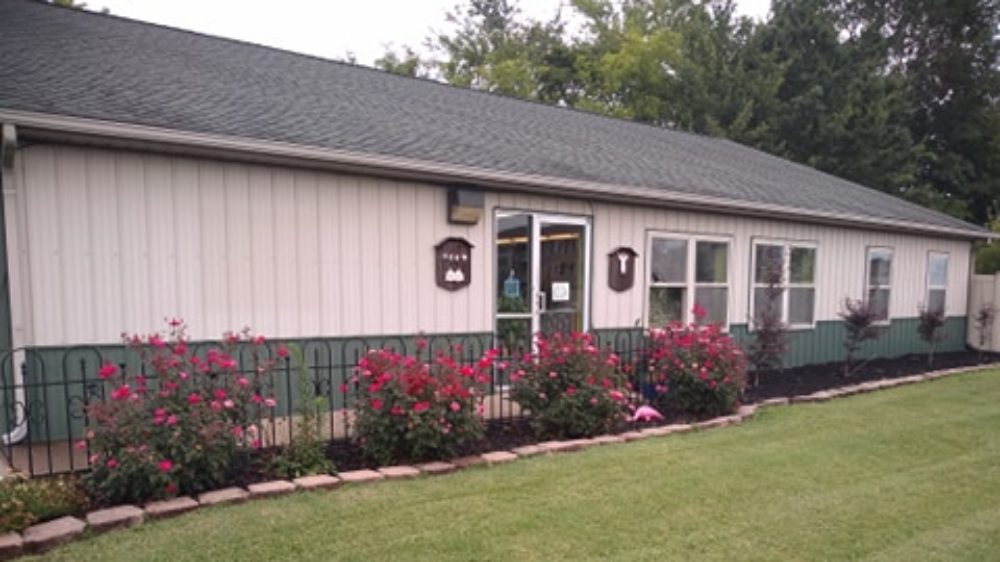
Comment: I wrote this a couple of years ago for WFIE about our plays. The message doesn’t change.>
These last two weeks at school have been theatre weeks. The whole process of putting on a play is important because plays are difficult at best to do. It doesn’t require watching TV, eating fast food, or being driven around in a car. It requires something that’s often lost – the development of imagination.
A play is something other than what a child will usually experience in a day at school. The artistic nature of performing allows a child to separate himself from his dependence on routine and the natural order of ordinary time and fly into a world of make believe that he’s truly a part of. For a short time, the child becomes very independent and this allows for tremendous growth.
Art is a curious thing. In general art not only allows but encourages something that’s inconvenient today, namely imagination. Imagination usually makes a mess, takes an inordinate amount of time, and propels children into an extreme chatty state. But imagination is what builds minds and allows children to discover.
We do a play twice a year. A play is written for the children by one of the teachers. The children are given lines to learn, and to the best of their natural ability, it is expected that they learn those lines and be able to reasonably recite them. The challenge, of course, is saying them in front of 150 people. But that’s what the act of acting is all about. Together in their company, they learn to trust the company and feel safe, and that allows emotional stretching.
It’s not Shakespeare; it’s six to ten words amid 35 other children’s lines. Sometimes it’s a single word. The lines are sent home at the beginning of play rehearsals. At school, the lines are repeated twice a day at play practice. It’s obvious who is a quick study, who got help at home, and who spent the two weeks of practice in a blue cloud because mom and dad are also in blue clouds.
During play practice weeks, there is a lot of free play for children because scenery, backdrop are going up, and costumes are being made and fitted. It’s a fun time, a time of fudge breaks, special hugs, lots of laughs and a kind of discipline that says, “We’re friends.”
Play week teaches teachers a lot about children. It’s an important week for children because theoretically, they will be on their own to perform for an audience for the very first time. Some of them will have to shove the desire to behave poorly into the background and do the right thing for the sake of the other children. It’s a time we work together as a cohesive group and we say in no uncertain deeds, “I care about you.”
This is quality life. This is community at its best. Beginning from nothing, we have made a whole new story about people we come to care about. We have taken on a new character, perhaps it’s a different time or a different species – some of the children became talking turkeys in last week’s play.
Every child responded to the two weeks of direction, the line learning, the costume fitting, and the quiet at the time of the play. And on Monday, we had an ice cream party to celebrate us.
Now the play is over and it’s time to get on with the story of Thanksgiving and the study of Native Americans. We’ll cook this week; we’ll make cranberry bread to take home to share. We’ll learn to eat turkey at school along with sweet potatoes and cranberry sauce so when we go to grandma’s we will be polite and not gag on the new stuff.
